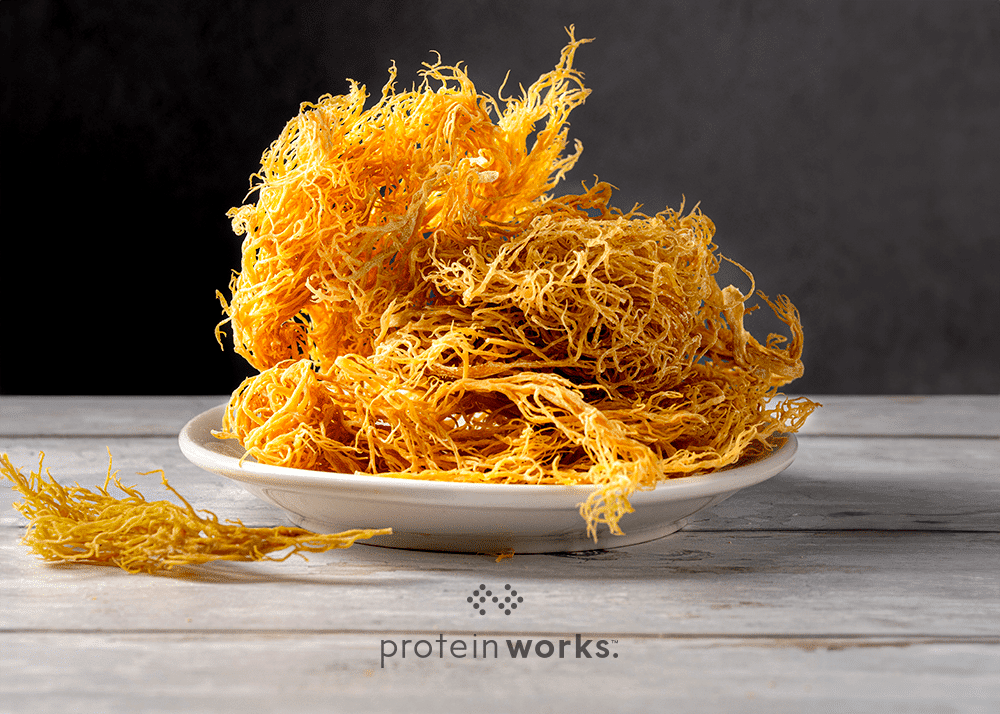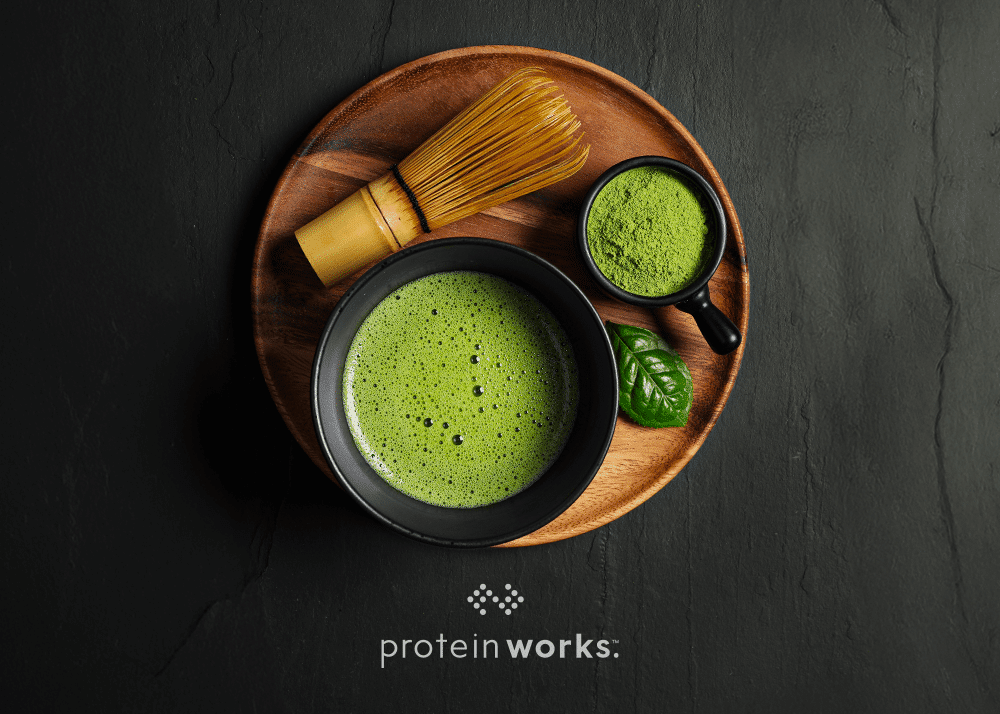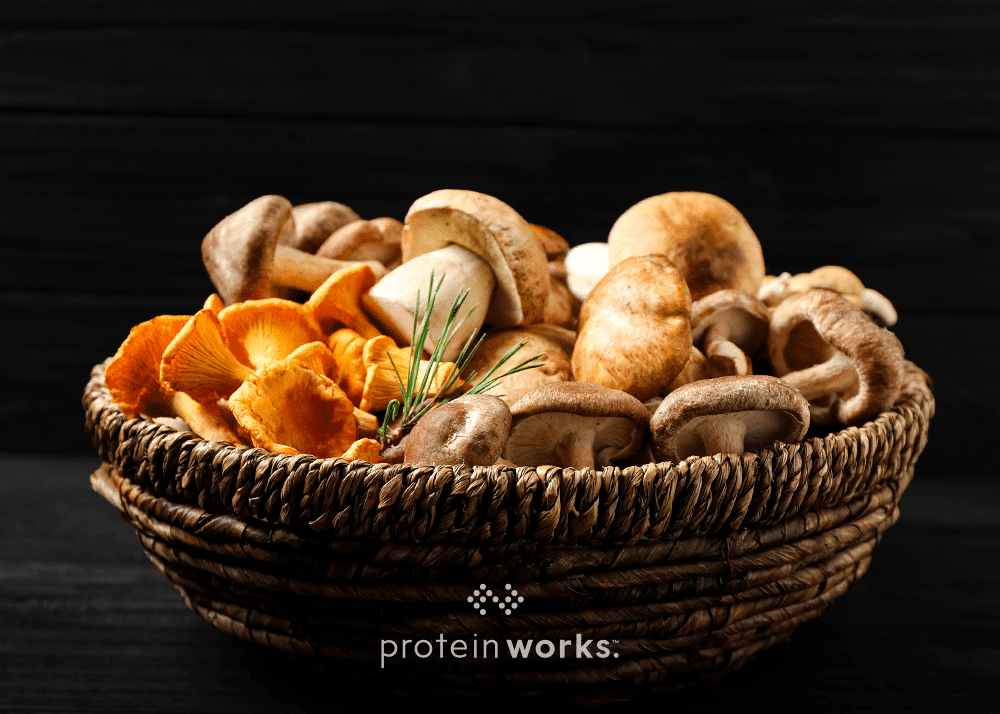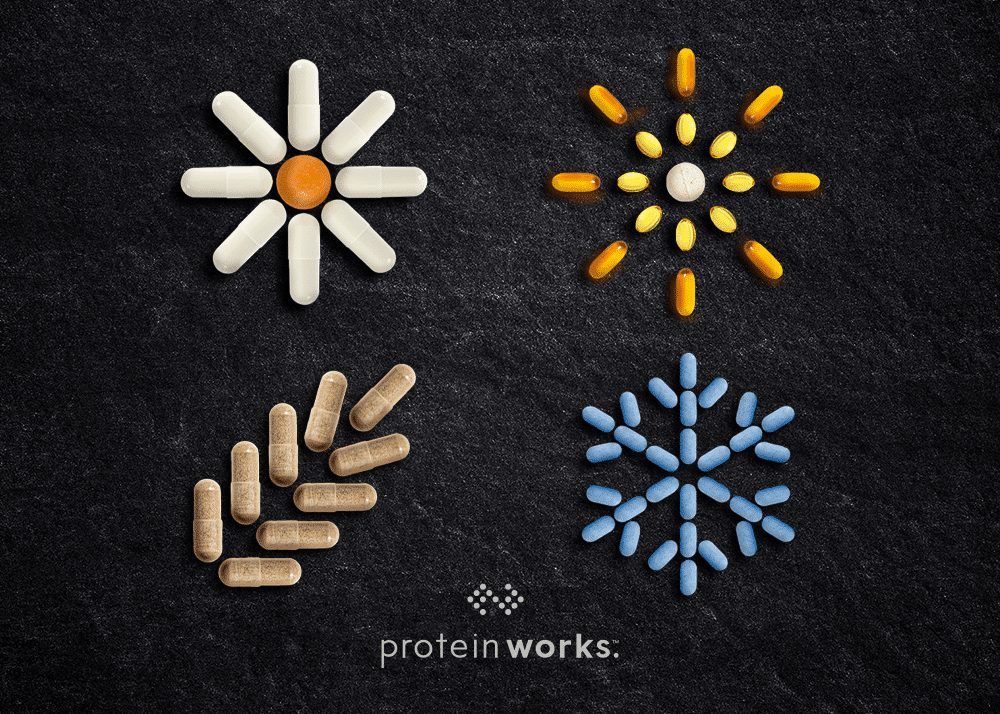
Sea Moss: Uses and Benefits Explained
Sea moss, also known as Irish moss or by its scientific name Chondrus crispus, is a type of seaweed found on the Atlantic coasts of Europe and North America. Like other seaweeds, it’s a rich source of many nutrients, which is why it’s making waves in the wellness world.
People have been utilizing sea moss for centuries in various cultures for its nutritional and medicinal properties, but over the past few years it’s gained significant traction on social media platforms – particularly Instagram and TikTok – with many promoting it as the next big superfood.
In this guide we’ll explore the potential benefits, any possible side effects and different ways to incorporate this superfood into your diet.
Potential Benefits of Sea Moss
Read on to uncover the possible benefits and why it’s touted as the latest superfood. Dive into the facts below:
1. Rich in Nutrients
Sea moss is packed with vitamins and minerals, including calcium, iodine, potassium, magnesium, iron and vitamins including A, B, C, E and K. It’s also a source of omega-3 and antioxidants. [1]
2. Supports Thyroid Function
This iodine content is beneficial for thyroid health, as iodine is essential for the production of thyroid hormones. [2]
3. Boosts Immune System
These high levels of antioxidants and vitamins can help strengthen the immune system, helping your body to fight against infections and inflammation. [3]
4. Improves Gut Health
Sea moss contains a type of fibre called carrageenan, which can help improve gut health by acting as a prebiotic and supporting good gut bacteria. [4]
5. Helps with Skin Health
Applied topically, sea moss can help hydrate and soothe the skin, reducing conditions like eczema and psoriasis thanks to its anti-inflammatory and moisturising properties. [5]
6. Supports Weight Loss
The high fibre content can help you to feel full for longer, which can assist in reducing overall calorie intake and supporting weight loss. [6]
7. Joint and Muscle Recovery
Sea moss has anti-inflammatory properties that can help with joint pain and muscle recovery, making it popular among athletes. [7]
Possible Side Effects of Taking Sea Moss
Although sea moss is widely recognised as safe and beneficial, its important to stay cautious with new supplements, especially if you have thyroid issues. For instance, while iodine is essential for thyroid health, overconsumption can lead to thyroid dysfunction in both men and women, including hyperthyroidism or hypothyroidism. Therefore, ensure you consume in moderation. [8]
Additionally, other side effects may include bloating, gas and other digestive issues due to the high fibre content. Moreover, some individuals may be allergic to different types of moss. Always opt for reputable manufacturers, and consult to your doctor if you have any concerns.
How to Take Sea Moss
Coming in many different forms, here are some of the most popular ways to incorporate this superfood into your diet:
- Sea Moss Gel: This is arguably the most popular. After soaking and blending raw sea moss with water, it transforms into a gel-like substance that you can mix into food and drinks or used as a topical treatment.
- Sea Moss Powder: Made from dried sea moss, this powder can easily be added to smoothies, juices and shakes, or used in cooking.
- Sea Moss Gummies: Chewable gummies are an easy way to enjoy the benefits of sea moss. In fact, they often come in different flavours and are a sweet and tasty alternative to gel and powder forms.
- Sea Moss Capsules: Convenient and quick, it’s also available in capsule form for easy consumption.
- Sea Moss Drinks: Ready-made drinks are gaining popularity, providing a hassle-free way to get your daily dose.
Sea Moss: The Take Home
Incorporating nutrient-rich, plant-based supplements into your diet can have a profound impact on your health and well-being. Certainly, sea moss is making waves, however it’s not the only powerhouse in the superfood world.
For those looking to elevate their daily nutrition with a convenient, all-in-one solution, our Super Greens Extreme blend is made from more than 20 different superfoods – including spirulina, spinach, wheatgrass, matcha, and ashwagandha. Rich in antioxidants and designed to boost immunity and focus, this innovative greens powder blend is an ideal complement to a health-conscious lifestyle.
Check out our Super Greens Extreme blend or explore our full Supplements range for an easy way to add more nutrients to your diet.
References:
[1] https://www.ncbi.nlm.nih.gov/pmc/articles/PMC8232781/
[2] https://ods.od.nih.gov/factsheets/Iodine-HealthProfessional/
[3] https://www.ncbi.nlm.nih.gov/pmc/articles/PMC3837755/
[4] https://www.ncbi.nlm.nih.gov/pmc/articles/PMC4535385/
[5] https://nationaleczema.org/blog/for-eczema/
[6] https://www.ncbi.nlm.nih.gov/pmc/articles/PMC7151636/
[7] https://www.nepjol.info/index.php/AJMS/article/view/20978
[8] https://academic.oup.com/jes/article/5/Supplement_1/A906/6240965





